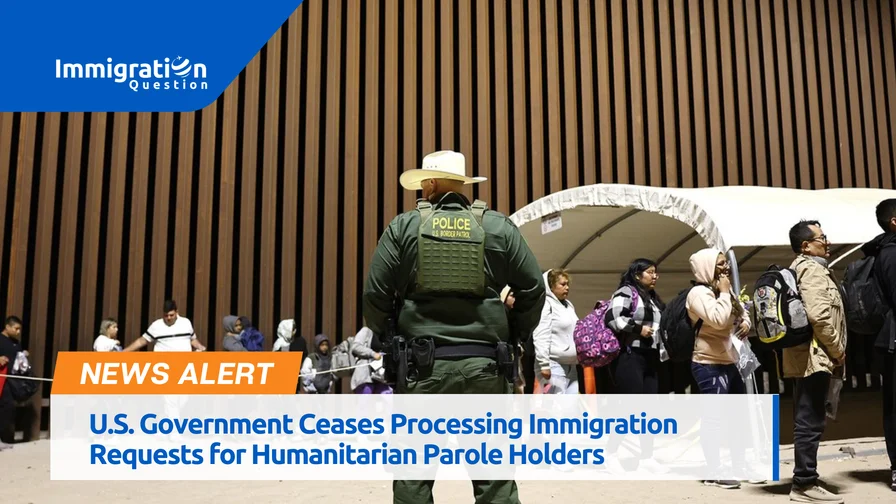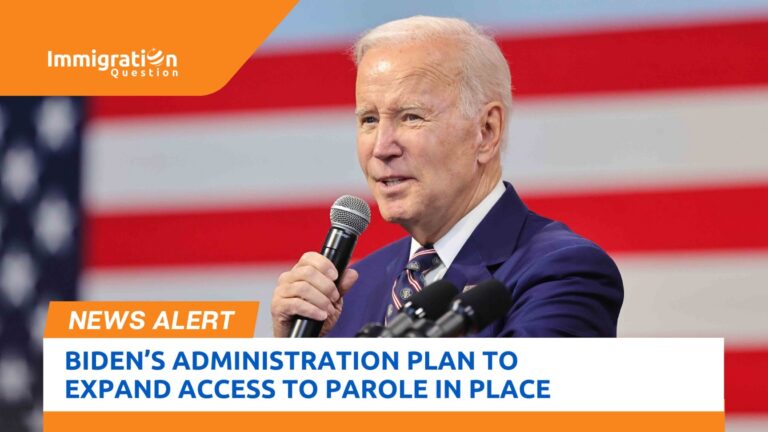The Trump administration has placed a hold on immigration requests from migrants paroled into the United States under specific programs. This move suspends immigration benefits for tens of thousands of individuals admitted under parole programs launched by the Biden administration.
As a result, U.S. Citizenship and Immigration Services (USCIS) has stopped processing applications from those seeking to adjust their immigration status to a more permanent one. The pause affects beneficiaries of several parole programs, including:
- Uniting for Ukraine (U4U)
- Cubans, Haitians, Nicaraguans, and Venezuelans (CHNV)
- Family Reunification Parole (FRP)
This decision significantly impacts thousands of migrants who had legally entered the U.S. under these initiatives, leaving their immigration status in limbo.
History of the Humanitarian Parole Programs
The Biden administration implemented these parole programs to reduce irregular migration by offering legal pathways for specific groups. The concept of humanitarian parole dates back to 1952, when Congress granted the executive branch the authority to admit individuals on a case-by-case basis for urgent humanitarian reasons.
Under the CHNV program alone, approximately 530,000 migrants from Cuba, Haiti, Nicaragua, and Venezuela were allowed entry into the U.S. Similarly, nearly 240,000 Ukrainians have entered through the Uniting for Ukraine (U4U) program, with sponsorship from approximately 350,000 Americans.
Beneficiaries of these parole programs had to meet strict eligibility requirements, including:
- Securing a U.S. citizen as their financial sponsor
- Passing security vetting and vaccination requirements
- Covering their travel expenses if granted authorization
Although humanitarian parole permitted approved applicants to live and work in the U.S. temporarily, it did not offer a direct path to permanent residency. Many parolees have since obtained work permits and established lives in the U.S., but suspending the benefits now threatens their future prospects.
Current Impact and Available Options
The suspension does not affect all humanitarian parole recipients equally. Some groups still have alternative legal pathways:
- Cubans remain eligible for the Cuban Adjustment Act, allowing them to apply for permanent residence after one year in the U.S.
- Haitians may still qualify for Temporary Protected Status (TPS), which provides work authorization and relief from deportation.
- Nicaraguans and Haitians can apply for asylum, but they must prove a credible fear of persecution based on race, religion, nationality, social group, or political opinion.
- Venezuelans can still apply for asylum. However, the Trump administration ended their TPS designation granted in 2023, setting it to expire on April 7, 2025.
This freeze increases uncertainty for many parolees, as it leaves them without legal status and increases their risk of deportation.
The Government’s Position
A spokesperson for the Department of Homeland Security (DHS) confirmed that the agency has placed an administrative hold on all pending benefit requests from Uniting for Ukraine (U4U) participants and those under the CHNV parole program.
The Trump administration’s stance on the parole programs became apparent in a January executive order, which directed DHS to terminate these initiatives. Following this directive, USCIS has ceased granting parole to new Ukrainian applicants and has also halted similar protections for Afghans fleeing Taliban rule.
DHS has justified the suspension, stating that it will remain in place while the programs undergo new vetting for fraud, public safety, or national security concerns. However, immigration advocates argue that this act sabotages legal pathways invented to offer safe and regulated entry for migrants.
As the new administration reassesses these programs, thousands of individuals await the government’s decision about their future in the United States.
To stay informed and ahead, be sure to check our news section regularly for the latest immigration updates and key developments as they unfold.





